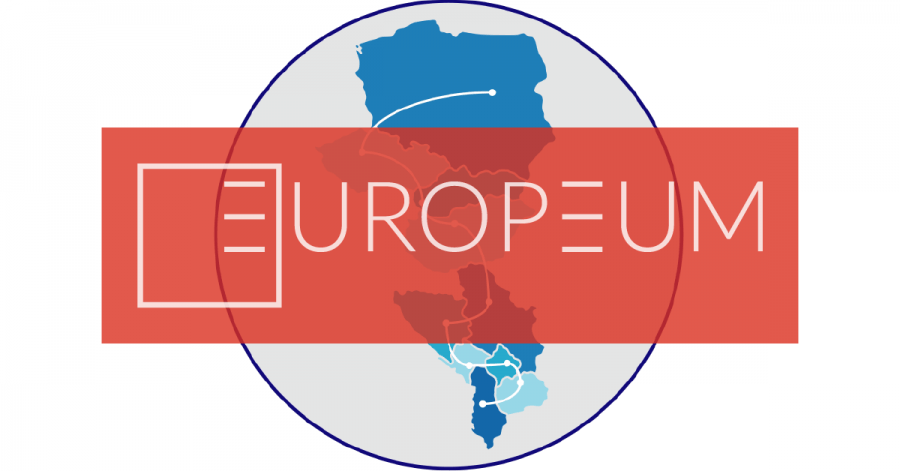POLICY PAPER - Overcoming the legacies of the past together: Serbia and Hungary

- Hungary and Serbia have a shared history which can be characterized by both cooperation and conflict. In the center of the most recent debates has been the territory known since the mid-19th century as Vojvodina that was ceded from Hungary1 after World War I as a consequence of the Trianon Treaty. The area – which usually enjoyed a special government status – over centuries experienced significant changes in the composition of the population either because of the Ottoman invasion or intended population settlements by the Austrian emperors and Hungarian leaders.
- WWI and the decision in Trianon in 1920 had a major impact on the relation of Serbs and Hungarians living in that area. Hungary lost 71 percent of its territory and 59 percent of its population. This national trauma contributed to the revisionist efforts in the Hungarian foreign policy in the first period. At the same time, the Kingdom of Serbs, Croats, and Slovenes received the territory of Vojvodina with a significant number of Hungarian inhabitants (appr. 28% of the population).
During WWII, 1 Hungary regained control over Vojvodina with the support of the Nazi Germany and in January 1942 their military forces carried out a razzia against Partisans that was accompanied by mass killings of civilians, mainly against Serbs and Jews. As the war ended with the fall of Axis powers, Hungary again had to withdraw behind the Trianon borders. In 1944-45 the Partisans and Communist forces gained control over the Yugoslav territory and took revenge against their former enemies. The actions caused also massive civilian losses. Hungarians (and Germans) were executed based on collective punishment.
As part of the Socialist Federal Republic of Yugoslavia, Vojvodina gained a special status of autonomous province (Autonomous Province of Vojvodina, hereafter APV) with wide range of rights and authorities. After Tito’s death, Slobodan Milosevic fostered centralization and he cut the province’s rights and privileges that also partially restricted the rights of the Hungarian community (for example in education). The wars in former Yugoslavia and growing nationalism undermined the ground of peaceful coexistence. The dissolution of former Yugoslavia and the “loss” of Kosovo became a Trianon-like trauma for Serbs and contributed to an increased suspicion also against the Hungarian minority, one of the most organized ethnic groups in Serbia living right next to the border of their motherland. Unfortunately, growing nationalism among Serbs also led to some ethnic clashes with Hungarians, raising concerns of the Hungarian governments. The first freely elected Hungarian government determined Hungarian minority protection as one of the main pillars of its foreign policy, but it also respected the internationally defined borders and rather supported relations with the Hungarian minority communities under the umbrella of Euro-Atlantic integration process.
You can download full Policy Paper through the PDF button.




